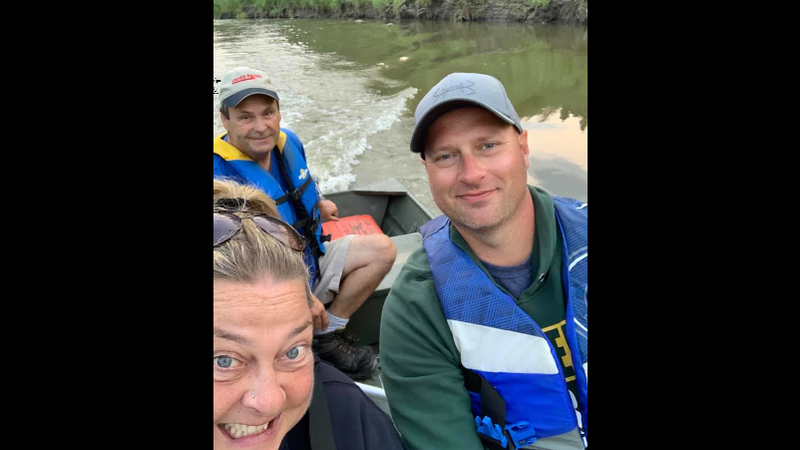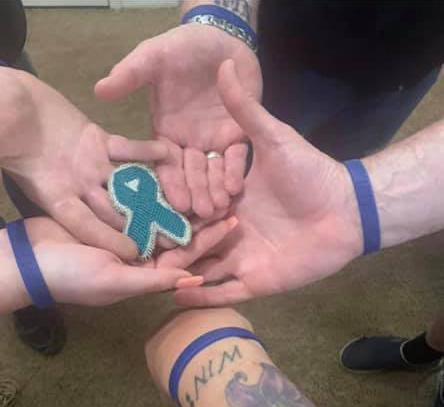
River Valley retreat has GoFundMe made on their behalf by local firefighter
As the River Valley Resilience Retreat is looking to raise $350,000 to create a safe space for first responders to heal, one local firefighter took it upon himself to get the ball moving.
Martin Taylor of the Prince Albert Fire Department and formerly a paramedic started a GoFundMe for the retreat.
The River Valley Resilience Retreat – proposed on land in the RM of Duck Lake – will be a lodge for first responders to talk with their peers who are going through similar situations, receive equine therapy, and take a respite in nature. Taylor said the retreat means a lot to him, as he has seen firsthand what toll it can take to be a first responder.
“I’ve had a close friend that was a first responder commit suicide. That was, I think, because [he felt] he had nowhere to reach out,” Taylor said. “He was a close friend, he definitely could have come to me, but he probably didn’t want to be perceived as weak.”


